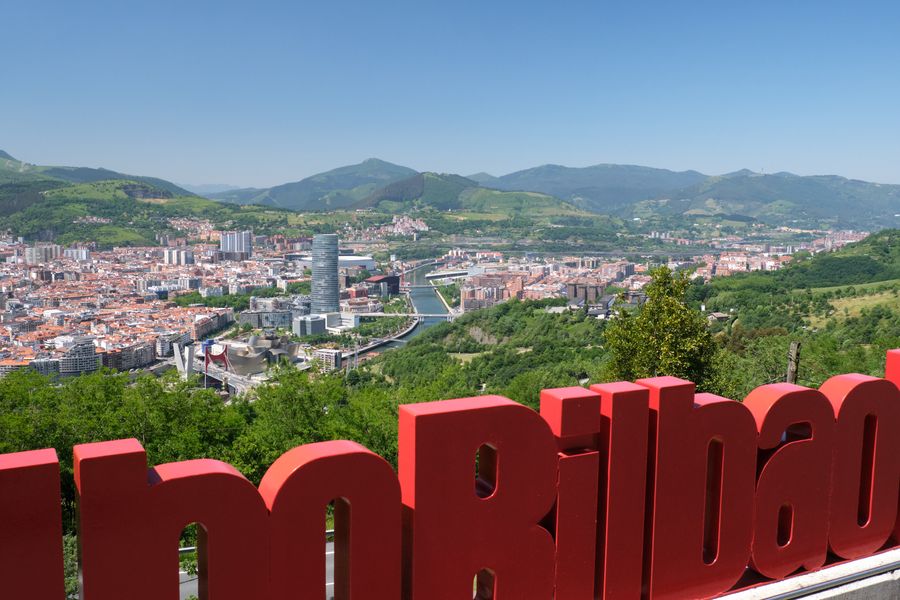The Basque city has a long industrial tradition forged in iron and steel. After the economic, social and political crises in the 80s and 90s this prompted a number of private and public collaborators to unite to find solutions to turn Bilbao into a thriving city once again. With the 1997 opening of the Guggenheim museum a turning point was reached and the investment into this project proved that non-traditional, multi stakeholder projects were worth it. Often referred to as the Guggenheim effect, but now coined the Bilbao effect, the 100 million euros to build the museum (and paid for local, provincial and the Basque government) was quickly recovered and the city looked towards a revitalised future.
The process of modernisation continues and the Bilbao Convention Bureau is exploring all the areas of common ground in order to boost Meetings, incentive travel, conferences and exhibitions (MICE). The thriving pre-COVID MICE sector saw more than 1300 meetings per year – conferences, congresses and exhibitions.
Having a competitive advantage in the MICE bidding process requires proof of sustainability policies and procedures. Whilst the business sector tends to have a higher than average awareness about sustainability it is important that everyone has a shared vision. The GDS-Index will help in this regard as its rigorous benchmarking process brings together stakeholders to develop a shared approach to measuring and driving social, economic and environment impact.
Many of Bilbao’s MICE organisations are already making a remarkable effort to be sustainable in their day-to-day operations so “this is the right time to recognise their great efforts and help set a map for continuous improvement on the journey towards full circle sustainability.” said Kepa Olabarrieta the head of the Bilbao Convention Bureau
There are great examples of individual efforts like that of Euskalduna Conference Centre that has signed an agreement to only procure renewable energy for all their operations. A similar agreement exists between the municipality and its energy provider to use only renewable electric energy in all its premises and public services. Bilbao City Government has stated that amongst their initial priorities for the period up to 2023 all will be aligned with the UNs SDGs. Transport within the city has mostly restricted the use of private vehicles and bicycle lanes have increased 100%. There are also 41 electric bike points within the city.
Adding to these achievements is the fact that 99,36% of the urban waste water is at present efficiently treated and the objective is to reach 100% during the period of the GDS Index benchmarking process. Various awareness campaigns have been introduced to help citizens manage their waste more effectively and there are major plans to incentivize projects that enable inclusive employment and support the circular economy.
Kepa Olabarrieta the head of the Bilbao Convention Bureau added, “We are very happy to benchmark with the GDS-Index and join the GDS-Movement because it is perfectly aligned with our purposes to bring all stakeholders together, achieve the best results in sustainability and keep working towards continuous improvement.”
Guy Bigwood, Managing Director of the GDS Movement said “Bilbao is a city that has been a driving force for innovation and social development. We are delighted to see Bilbao Convention Bureau become part of the GDS-Movement committed to driving change, sharing their experiences, and learning from our community of 66 destination management organisations who are all united with a purpose to create better places to visit, meet in and live in.”
For further information:
Bilbao Convention Bureau – kolabarrieta@bilbaoturismo.bilbao.eus



